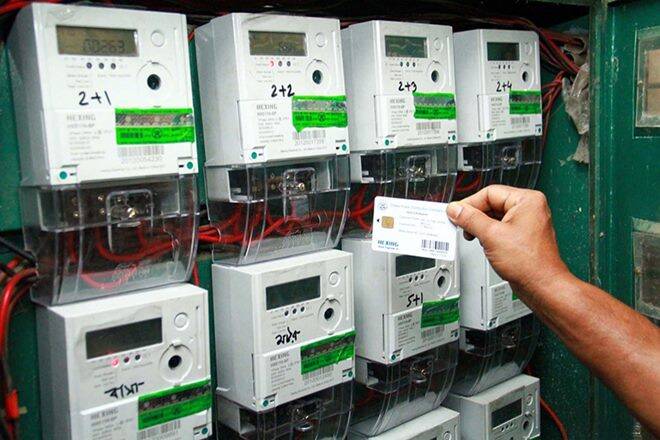There are no products in your shopping cart.
| 0 Items | £0.00 |


NIGERIA is poised to miss out on $600m that could have been gained from the imposition of a 35% import tax on 3m pre-paid electricity metres after the federal government decided to waive the levy on the machines due to be imported from China.
Currently grappling with a crisis in the electricity sector, the Nigerian government is looking to boost generated power, enhance transmission and distribution as well as the provision of pre-paid metres to customers. It was expected that the metres would be manufactured locally to provide jobs, create wealth and save foreign exchange as part of the government's local content policy.
However, government ministers have now decided to import the metres from China and to add insult to injury, they have deferred the 35% import tax for one year. Domestic producers represented by the Electricity Meter Manufacturers Association of Nigeria, said such approval was a disincentive and inimical to the development of local capacity in the downstream sector of the power industry and appealed to the president to review the decision.
Last week, President Muhammadu Buhari approved the one-year deferment imposed on fully built unit electricity meters under the 2019 fiscal policy measures for the implementation of Economic Community of West African States common external tariff. This approval which was to help close the metering gap in the nation’s electricity sector, followed a request by finance minister Zainab Ahmed, to support the Nigerian Electricity Regulatory Commission to roll out 3m meters under the Meter Asset Provider (Map) framework.
Map is a gradual up-scaling of the patronage of local manufacturers of electricity meters with an initial minimum local content of 30% with the potential of significant job creation in the area of meter assembly, installation and maintenance. Kola Balogun, the chairman of Momas Electricity Meters Manufacturing said that the 35% levy was the only protection available to them in the sector.
Mr Balogun said: “The implication of this is that over $600m would be exported to China to import the approved 3m meters. This means that we would further be developing another country’s economy and increase unemployment, poverty and under-development in our country.
“We are bold to emphatically say that we have the local capability to bridge the metering gap if the right policy is put in place. This can be by way of financial intervention by the government whereby a certain agreed percentage of the cost of meter supply would be advanced to us like the importers do with the Chinese and upon completion of installation balance payment would be made to us."
Metre manufacturers also said that the directive to defer 35% import duty on the importation of pre-paid metres was an incentive for mass importation as against the upscaling of local production capacity. According to Mr Balogun, local manufacturers are not being patronised by off-takers at the downstream of the power sector value chain because they are not prepared to cut corners.
He noted that the association believes that the presidential approval of tax deferment on the importation of the 3m meters would have negative effects on the power sector, arguing that allowing such decision to run for a year would jeopardise government efforts at industrialising the country. In addition, Mr Balogun stressed that the deferment might set back the development that was already on ground, while the decision would dampen the hope of the local manufacturers as well as cripple the anticipated growth in the sector.
According to Mr Balogun, as an in-depth manufacturer in the sector, it takes an average of three months to set up a semi knock down/complete knock down factory. He advised the federal government to encourage importers to set up factories so as to create a value chain that would provide employment opportunities for Nigerians.